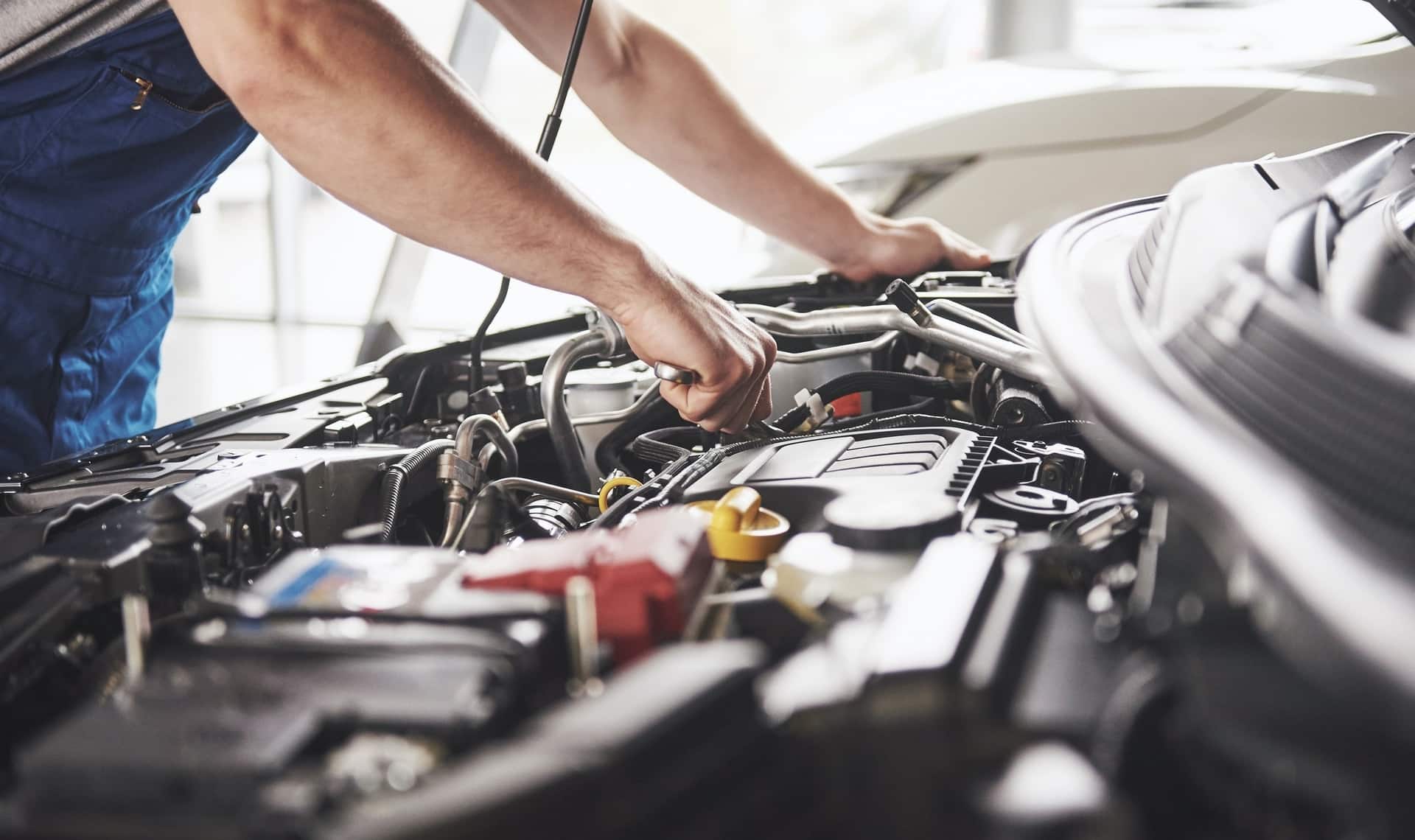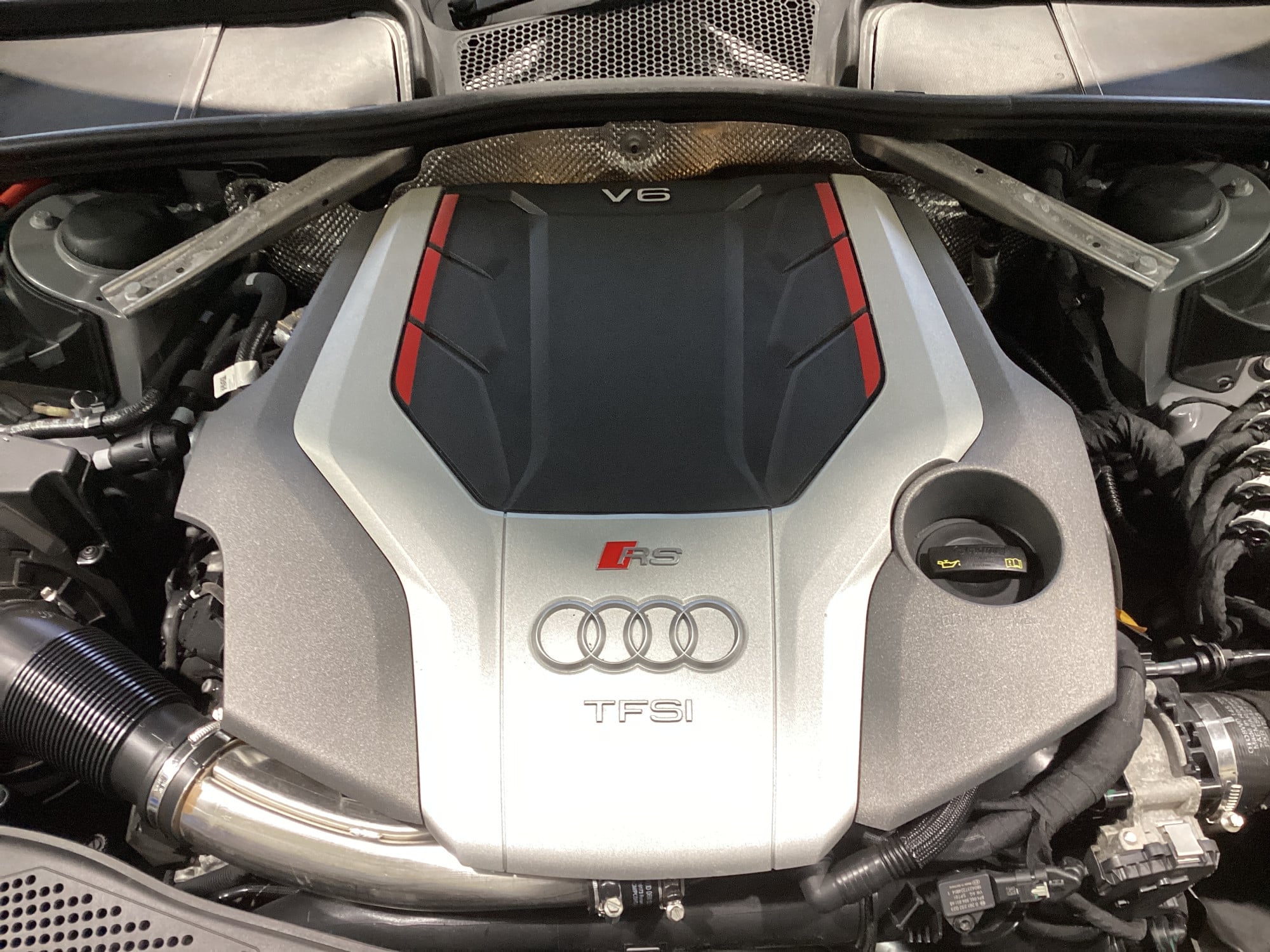Car Service and MOT
That MOT pass certificate feels reassuring, doesn’t it? But before you file it away with a sense of relief, there’s something crucial you need to understand. While your vehicle may have met the basic legal requirements today, that certificate can’t predict how your brakes will respond during an emergency stop on the M1, or whether your tyres will maintain grip during a sudden downpour around Northampton’s busy roads.
Every journey through Northamptonshire adds invisible wear to crucial components. That slight vibration you’ve noticed might seem minor now, but what about when you need to react quickly on the A508? Those brake pads that just scraped through the MOT might not have enough material left for your daily commute between Roade and Milton Keynes.
Let’s explore what your MOT really means, and why regular servicing is essential for keeping you safe on Northamptonshire’s demanding roads.

Your MOT: What It Really Means for Your Car
For vehicles over three years old, an annual MOT isn’t optional – it’s a legal requirement (with some exemptions for classic vehicles). Driving without one risks a £1,000 fine, rising to £2,500 plus licence points if your car is deemed dangerous.
But what exactly does an MOT verify? It’s a snapshot of your vehicle’s compliance with government safety and emissions standards at the moment of testing. While it examines crucial elements like brakes, tyres, lights, and steering, it can’t predict when these components might deteriorate beyond safe limits.
This leads us to some important misconceptions that need clearing up…
Common MOT Misconceptions
“A Valid MOT Means 12 Months of Safety”
Imagine you’re heading to work on a rainy morning along the A45, and traffic ahead suddenly grinds to a halt. Your brake pads barely scraped through the MOT with the minimum 1.5mm thickness last month. Now, after weeks of daily driving between Roade and Northampton, would you bet your safety on those same brakes performing when you need them most?
“MOTs Provide a Complete Vehicle Health Check”
At Roade Main Garage, we know this isn’t true. While MOTs check specific aspects like emissions and brake efficiency, many crucial inspections are limited to basic visual checks. Our comprehensive service goes deeper, measuring component wear against manufacturer specifications to identify potential issues before they become dangerous.
Consider two brake pads – one that passed and one that failed an MOT. Could you spot the difference visually? That’s why precise measurement matters more than visual inspection.
“No Advisories Means No Needed Repairs”
This is perhaps the most dangerous assumption. MOT testing can’t examine every crucial component. Here’s what gets missed:
- Timing belts/cambelts – these critical components aren’t part of the MOT check, yet their failure could result in catastrophic engine damage costing thousands to repair
- Battery performance – an MOT only verifies secure mounting, not whether your battery will reliably start your car during those cold Northamptonshire mornings
- Brake fluid condition – while MOT testers check the visible level and obvious contamination, they’re not permitted to remove the reservoir cap for thorough assessment
- Spark plugs – essential for efficient engine operation, these components are only properly assessed during a service, not during your MOT
- Drum brakes – proper inspection requires complete dismantling, which isn’t part of the MOT testing process
At Roade Main Garage, our thorough service inspections examine all these elements against manufacturer specifications to help prevent expensive failures and keep you safely on the road.
“MOT Standards Match Manufacturer Safety Guidelines”
MOT standards represent minimum legal requirements. Take tyre tread depth – while 1.6mm is the legal minimum, manufacturers typically recommend replacement at 3mm. Testing at MIRA’s wet track revealed that a car travelling at 70mph with 1.6mm tread was still moving at 50mph when an identical vehicle with 3mm tread had already stopped completely. This difference in stopping distance shows why maintaining tyre tread above the minimum is important for safety.
Why Servicing Matters: Beyond the MOT
Regular car servicing and MOT maintenance isn’t just about keeping your vehicle running – it’s about protecting lives. While an MOT certificate confirms basic roadworthiness on test day, proper servicing ensures your vehicle remains safe and reliable throughout the year. It’s about preventing those worn brake pads, degraded oils, and stressed components from becoming breakdowns or safety risks.
Every car has its own servicing schedule, dictating when key components should be checked or replaced. From air filters to timing belts, we transparently communicate any items your vehicle manufacturer recommends.
Regular servicing doesn’t just keep your car safe – it can increase its value when you come to sell it. A full service history makes your car more attractive to buyers because they can see it’s been properly maintained.

Additional Safety Inspection
At Roade Main Garage, we believe in precision, not guesswork. During every service, we take precise measurements of your car’s components and compare them directly to your manufacturer’s specifications. This means we can tell you precisely how your car is performing against the standards set by its maker – not just whether it passes minimum requirements.
This measured approach helps us spot early signs of wear and tear, so you can make informed decisions about your car’s maintenance.
Real-World Examples of Our Enhanced Safety Checks
Advanced Brake System Inspection
Modern braking systems are engineered to exacting standards that exceed basic MOT requirements. Consider BMW’s approach – their brake pad sensors typically alert at 2mm, well above the MOT’s 1.5mm minimum, because that’s what their engineers determined as the safe threshold.
But relying solely on warning systems isn’t enough. These sensors typically monitor just one side, meaning uneven wear could go unnoticed. Our comprehensive inspection protocol measures every brake pad, catching asymmetrical wear patterns that basic visual checks might miss.

Tyre Safety Beyond Basic Standards
We take a data-driven approach to tyre safety that goes well beyond MOT minimums. While an MOT only checks if your tyres meet the 1.6mm legal minimum on test day, manufacturer recommendations typically suggest replacement at 3mm for optimal safety.
Using precise measurements and industry wear rates (RAC data shows front tyres typically wear at 0.1mm per 312 miles under average conditions), we can estimate how many miles of safe driving remain on your tyres before they reach either the manufacturer’s recommended 3mm threshold or the legal 1.6mm limit.
Remember: driving with tyres below the legal limit is unsafe and risks fines of up to £2,500 and 3 licence points per tyre.
Beyond the MOT Pass: Why Safety Work Matters
While getting your MOT certificate is important, our focus at Roade Main Garage is on keeping you safe on Northamptonshire’s roads – not just helping you pass a test today. When we identify safety work during our inspection, it’s about protecting you and your passengers, not just meeting minimum standards.
Why You Should Get Safety Work Done
While fixing only what’s needed to pass the MOT might seem cost-effective, it often leads to bigger problems and higher costs down the road. Just like you wouldn’t wait until your teeth are falling out to see a dentist, waiting until parts are at their MOT limits before replacing them can lead to expensive repairs or leave you stranded at the roadside.
Common Objections – and Why Waiting Could Cost You More
“I wasn’t expecting this cost – can’t it wait?”
We understand unexpected repair costs can be challenging, but catching issues early actually saves you money in the long run. Take brake pads for example – replacing them before they get too thin is much cheaper than waiting until they wear down completely and damage your discs. Plus, with our flexible payment plans, you can spread the cost while keeping your car in proper working order.
“I can’t be without my car.”
Being without your car is inconvenient, but breaking down is even worse. Most maintenance work can be completed the same day, and with our courtesy cars, you can stay mobile while we do the work that keeps you reliably on the road.
“If it passed the MOT, surely it’s fine?”
Getting your MOT certificate is only part of keeping your car on the road. Regular servicing based on manufacturer guidelines helps catch and fix issues before they become expensive repairs or leave you stranded at the roadside. It’s the difference between maintaining your car and just keeping it legal.
Safety Isn’t Just About Passing an MOT
At Roade Main Garage, we don’t just focus on getting your car through its MOT – we care about keeping you safe on the road. If we recommend additional work, it’s because our safety inspections have identified parts that are worn beyond manufacturer guidelines, even if they haven’t become dangerous yet.
An MOT only confirms your car meets the legal minimum standard on the day of the test – but that doesn’t mean it’s in good condition. Ignoring worn brakes, tyres, or suspension because they “just passed” could mean the difference between stopping safely or not in an emergency.
Book your service and MOT today at Roade Main Garage for safe driving – ring 01604 862262 to book.
Frequently Asked Questions About Car Service and MOT
When should I book my car service and MOT?
Smart scheduling of both your service and MOT helps maintain your car’s safety year-round. Your MOT needs completing before your current certificate expires, while service intervals depend on your manufacturer’s schedule. Ring us on 01604 862262 to check both your service and MOT due dates.
What does an MOT test check?
Your MOT examination covers key safety and emissions components including brakes, tyres, lights, steering, suspension, and structural elements. While comprehensive, it’s important to remember these checks only verify minimum standards. For complete details about MOT test requirements, visit the official government MOT testing guide website.
How often do I need a car service and MOT?
While MOTs are required annually once your car reaches three years old, service intervals depend on your specific vehicle. Many modern cars have sophisticated monitoring systems that alert you when maintenance is needed, while others follow traditional time or mileage schedules. For expert advice about your vehicle’s particular service requirements, ring us on 01604 862262.
Can I get my car service and MOT done at the same time?
Yes! At Roade Main Garage, we recommend combining your service and MOT for convenience and comprehensive vehicle care. This way, we can address any potential MOT issues during the service.



